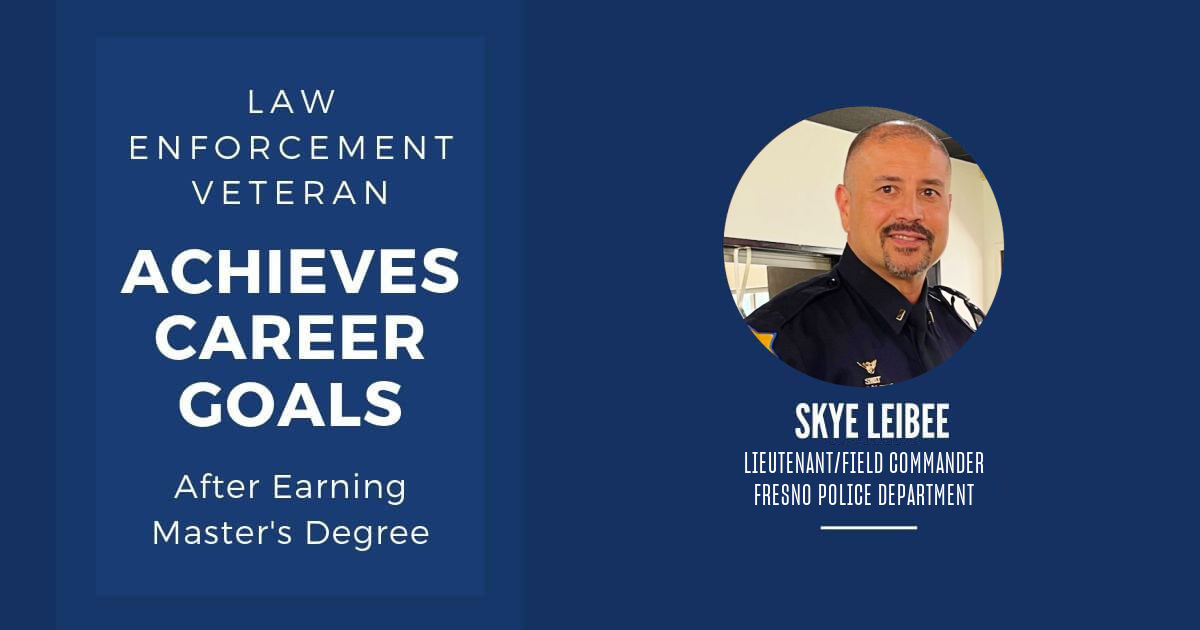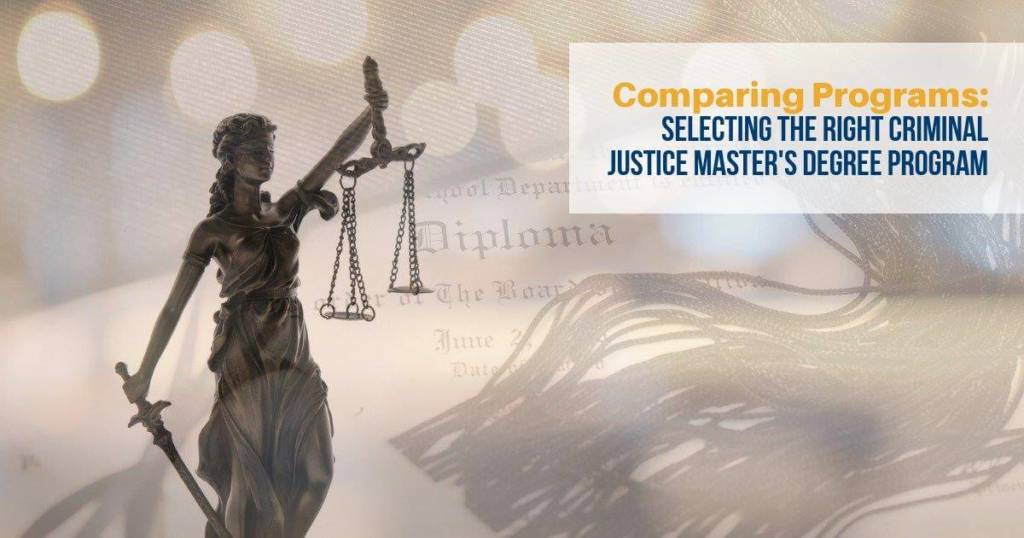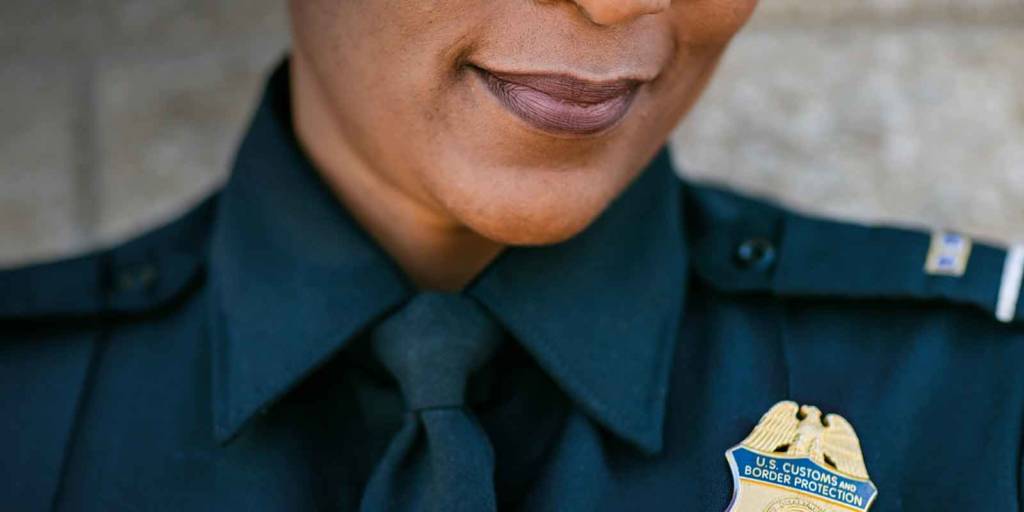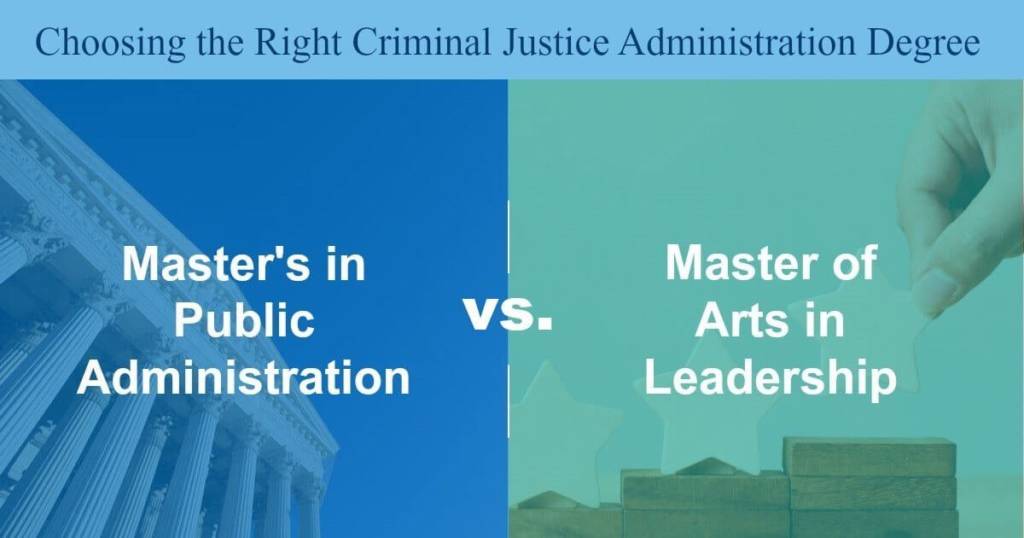Skye Leibee is a police lieutenant in Fresno, Calif., with two decades of law enforcement experience, and a strong belief that earning his master’s degree has made him better than ever at the job that he loves.
While flying police helicopter pursuits as a tactical flight officer certainly afforded him a bird’s-eye view of the action, Leibee credits his mid-career decision to earn his master’s degree in Law Enforcement & Public Safety Leadership with helping him truly see the big picture. Among many other benefits, he said, his academic work has deepened his commitment to cultivating the sometimes challenging relationship between law enforcement professionals and the communities they serve.
A 24-year law enforcement veteran, Liebee’s duties with the Fresno Police Department include working as an advanced officer training instructor at the department’s comprehensive regional training center. His enjoyment of the training and teaching side of police work is part of what inspired him to search for a law enforcement master’s degree program that would improve his effectiveness as a trainer and prepare him for increasing responsibilities as a leader.
Noting that he’s been fortunate to tackle many different law enforcement roles over the years, from squad work and tactical duties to K9 handling and more, Leibee said that earlier in his career, “I didn’t really see myself having a master’s degree.” However, his work at the Fresno Police Department training center inspired him to want to become a better trainer, and ultimately to teach in an academic setting — goals he could advance by pursuing a graduate degree.
Online vs. On-Campus: Finding the Right Master’s Degree Program for Law Enforcement Professionals
In addition to his sometimes unpredictable work schedule, Leibee is married with four children, so he realized that an online program would probably make more sense than one requiring him to commute to campus. “My time was limited and an online program seemed to be the best way to go,” said Leibee. Knowing that he also wanted to attend a school whose name carried some impact on a resumé, he began his search.
After conducting a thorough investigation, Leibee discovered the program that he ultimately enrolled in, graduated from in 2017 and now calls “second to none” — the University of San Diego’s MS-LEPSL program.
“I researched a lot of different universities,” he said, “and economically this one seemed to be the most bang for your buck.”
“The University of San Diego name “carries a lot of weight,” said Leibee. “Once I got into the program, I knew I made the right choice.”
His enthusiasm for the USD program has only increased in the years since he earned his degree. Several of his Fresno Police Department colleagues have now also pursued their MS-LEPSL degree at USD. Meanwhile, following his passion for teaching, Leibee is now moonlighting as an adjunct instructor in criminology at Reedley College in central California.
Experienced Law Enforcement Instructors Brought ‘Sense of Realism’ to Courses
Leibee said he was impressed that each of the LEPSL faculty members brought years of career experience from different aspects of law enforcement and public safety. One instructor was even a defense attorney, sharing what Leibee considered to be valuable insight into the criminal defense side of the law enforcement equation.
“I think what got me engaged in the program was the experience of the instructors,” said Leibee, noting that they brought a “sense of realism” to the coursework. In addition, the instructors were “very hands-on, very responsive,” he said. “All of them were very accommodating; they understood that you were a working professional.”
Not only did Leibee find the program academically challenging, he said, “it really kind of opened my eyes to different views of the law enforcement setting out there” and deepened his understanding that “it’s not strictly about putting handcuffs on people and putting people in jail.”
Asked about the most important takeaways, Leibee responded, “The ethical and effective leadership portions of the program were something I could put into action right away.” Leibee confessed that though he had not always been a big fan of “community policing,” he came away thoroughly convinced that “our relationship with the public is more important than I initially thought.” Going forward, he said, “that is one of the things that I emphasize with the people I supervise.”
Students Learn from Instructors and Each Other
Leibee cited robust engagement with fellow students who are also working in law enforcement and public safety as another benefit of USD’s online Law Enforcement Leadership program, saying he appreciated opportunities to “interact with people from Washington, Colorado, North Carolina, Florida — all over the U.S.,” to learn about their most challenging issues and “how their agencies handle real-world problems.”
Not surprisingly, the role that police can play in nurturing a sense of community was also an important theme in Leibee’s interactions with his fellow graduate students. It’s no secret that numerous high-profile incidents have heightened tension around police-community relations across the nation. “When we have one event occur, it affects the entire law enforcement community,” said Leibee. “We have the opportunity to guide that relationship.”
Leibee pointed with pride to a recent survey indicating that 91% of residents in Fresno (California’s fifth largest city) think police there act professionally. “We’re here for them and we’re here to help the community get better, so we can all raise our families in a safer community,” said Leibee.
For This Lieutenant, a LEPSL Degree Opened the Door to Teaching
Reflecting back on how the decision to pursue a master’s degree impacted his career, Leibee said, “being able to teach is something that I value the most” from the experience.
Now that he’s teaching at nearby Reedley College, Leibee embraces the challenge of balancing his newfound academic insights with wisdom earned from the streets. Much like his instructors in the online Law Enforcement & Public Safety program at USD, he said, “I bring that real-world experience into the classroom; it’s not just theoretical.”
Asked what advice he would give to law enforcement professionals who are considering earning a master’s degree, Leibee said: “Quite simply — do it.”
“In my personal experience, I wish I would have done it sooner,” said Leibee. Especially when it comes to competing for promotion, Leibee said, “the value of a degree is something that you can’t really put a number on.”




